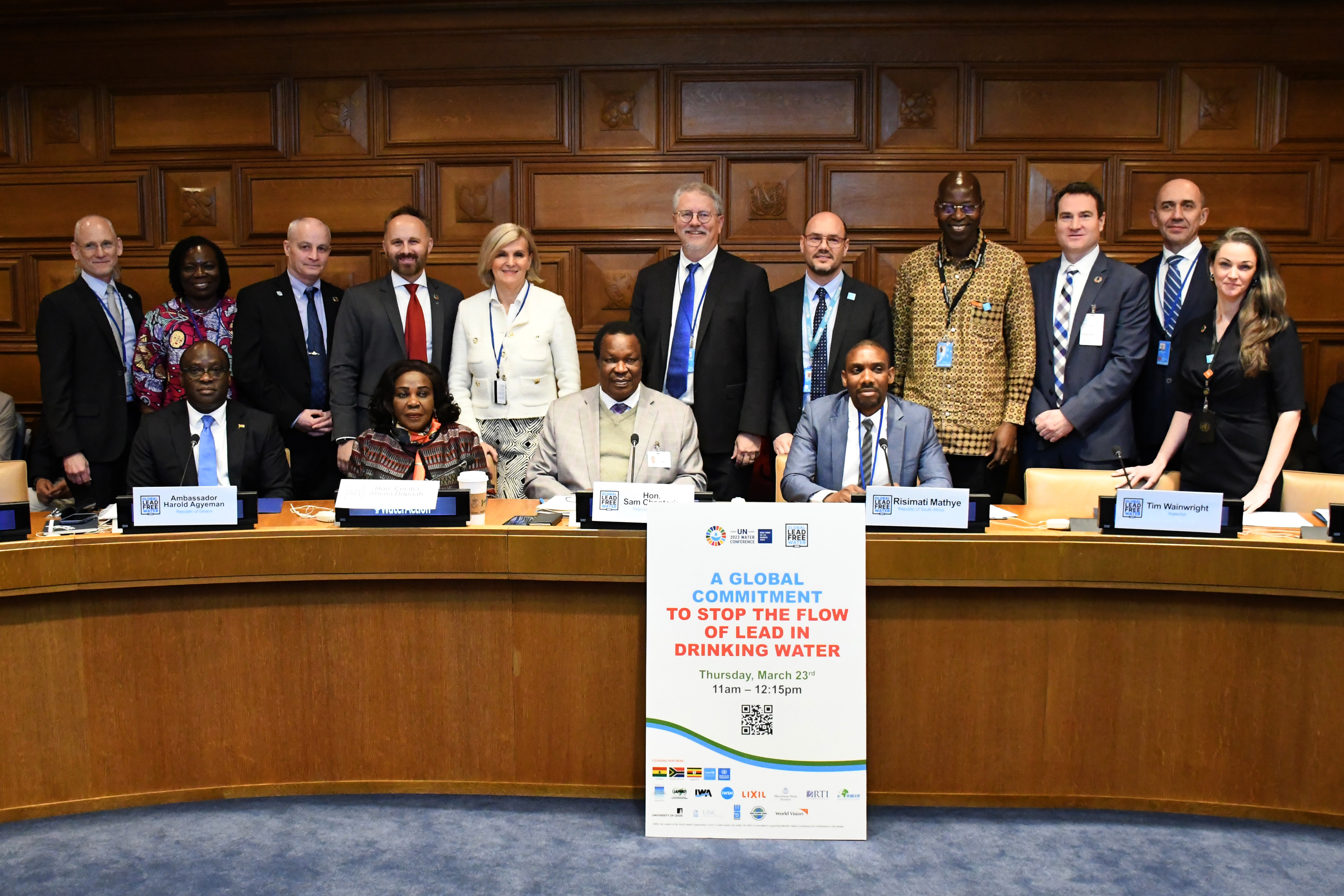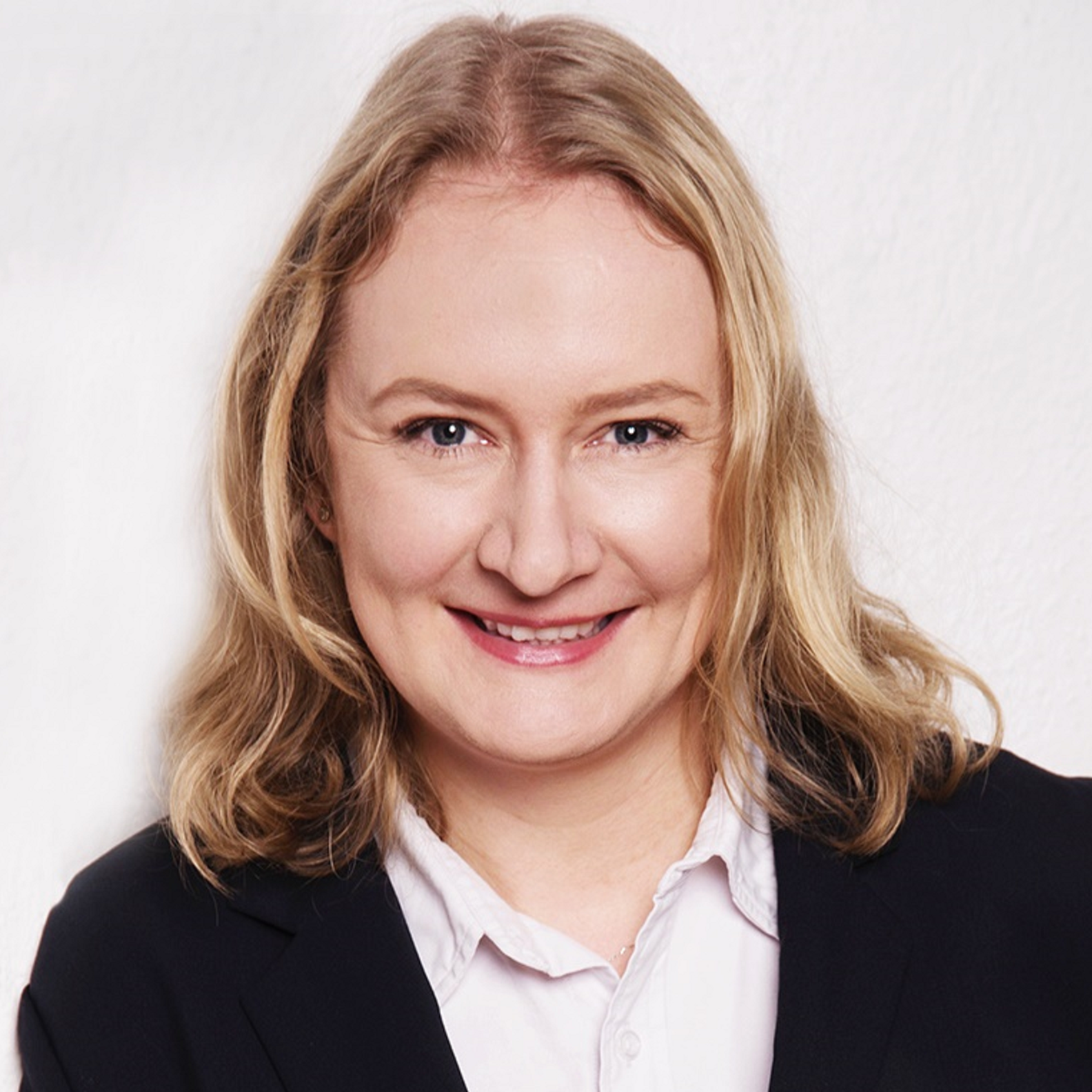
U.N. World Water Conference
U.N. World Water Conference: LIXIL joins “The Global Pledge to Protect Drinking Water from Lead”
Düsseldorf, 30th March 2023 - LIXIL Corporation (“LIXIL”, TSE Code: 5938), maker of pioneering water and housing products, has joined a consortium of governments, manufacturers, and civil society partners in a global commitment to achieve lead-free drinking water.
Launched at the United Nations (UN) 2023 Water Conference, “The Global Pledge to Protect Drinking Water from Lead” aims to build momentum around local and global initiatives to progressively reduce lead exposure from drinking water and protect public health. The pledge highlights actions to eliminate the use of lead-leaching parts in the construction of new drinking water systems and to improve the monitoring and remediation of existing systems that leach lead into drinking water.
There is an urgent need to reduce human exposure to lead in the environment, including lead in drinking water – a source of exposure that is wholly preventable. Lead is an invisible, odorless and tasteless chemical contaminant present in water supply systems worldwide that irreversibly impacts neurological and cognitive development. Exposure in childhood or during pregnancy can cause lifelong harm, yet globally, 800 million — or roughly 1 in 3 — children have elevated levels of lead in their blood. The primary source of lead in many drinking water systems is lead-containing pipes and parts that leach lead into the water. While there is growing awareness of the long-term dangers posed by lead in drinking water, new systems across the globe continue to be built with unsafe materials.
Take the Lead Pledge, Work Collaboratively
The consortium invites governments, the private sector, manufacturers, suppliers, development banks, financial institutions, and philanthropic organizations and individuals to support global efforts by joining the Lead Pledge at www.globalleadfreewater.org and by working collectively to protect drinking water through the following actions:
-
Ensure that all new water systems are constructed with products and materials that meet international standards for lead-leaching, material safety, and performance.
-
For existing water systems that may contain lead-leaching materials, develop and implement plans for periodic water lead monitoring and data sharing, including the communication of monitoring results.
-
Investigate water systems reporting lead levels at 10 parts per billion (the WHO guideline value) or above to identify contamination sources and implement necessary interim or long-term remedial measures to reduce human exposure.
-
Support communities to reduce or eliminate exposure to lead through education and action such as designating safe taps for drinking and cooking.
To implement these commitments, the consortium will support:
-
Adoption of national policies and regulations based on international standards and testing/certification requirements for products and materials used in drinking water systems that address lead-leaching, material safety, and performance.
-
Manufacturing of products and materials used in drinking water systems that meet international standards for lead-leaching, material safety, and performance.
-
Affordable access to fittings, fixtures and filters that meet international standards for lead in drinking water.
-
Development of low-cost technologies to enable widespread testing for lead in drinking water and materials to better understand the sources, impacts and mitigation/remediation of lead contamination in drinking water.
-
Training and certification of professionals to oversee the design and construction of safe drinking water systems.
-
National and local laboratory and monitoring capacity to assess and monitor lead in drinking water and materials to support the implementation of these commitments.
-
High-quality research to better understand and identify sources, impacts and effective prevention and remediation methods and approaches to minimize harm from lead in drinking water.
“Clean, safe drinking water is a resource that is often taken for granted, but lead and other environmental contamination directly impacts health and communities. Underscoring LIXIL’s purpose of making better homes a reality for everyone, everywhere, we are proud to be a part of the Pledge aimed at implementing international standards, reinforcing the need for consistent water quality and safety more broadly around the world," said Erin McCusker, Senior Vice President & Leader, SATO and LIXIL Public Partners, LIXIL, at the inaugural convening event.
Founding members of the consortium include the governments of Ghana, South Africa and Uganda; the World Health Organization; World Vision; WaterAid; the Conrad N. Hilton Foundation; LIXIL; RTI International; the Rural Water Supply Network; the Skat Foundation; the University of Leeds; The Water Institute at UNC; the International Water Association; the International, Water, Sanitation and Hygiene Foundation (IWSH); the World Plumbing Council; and the International Association of Plumbing and Mechanical Officials (IAPMO).
Contact


Melanie Vrenegor
Senior Communications Manager Sustainability
+49 211/9130 3030